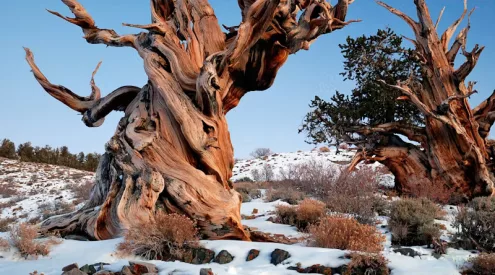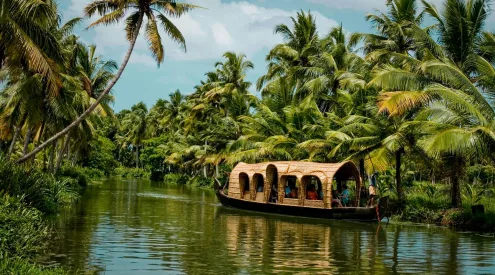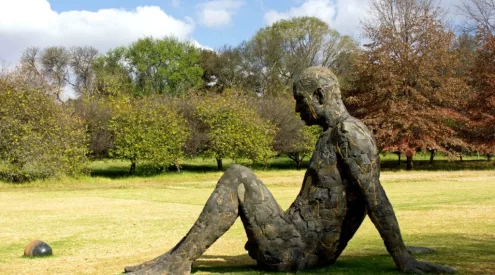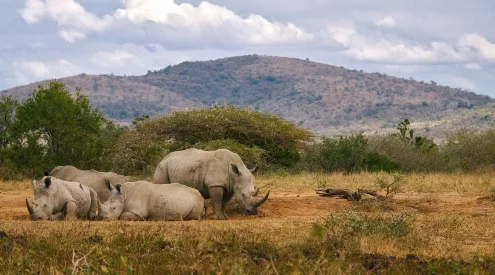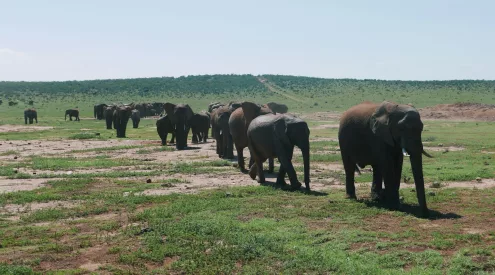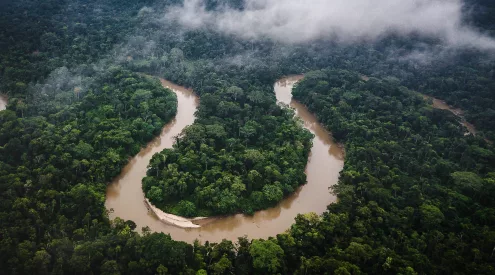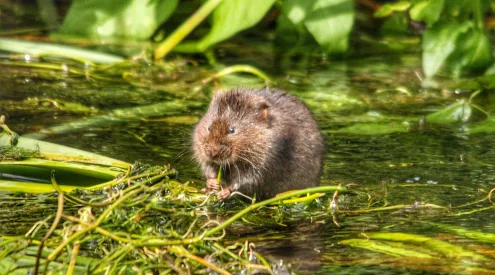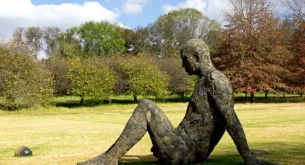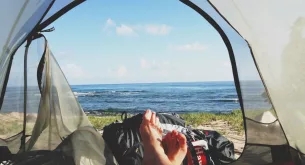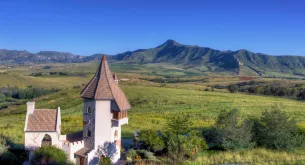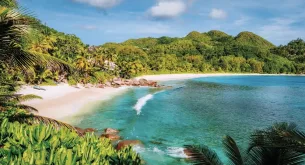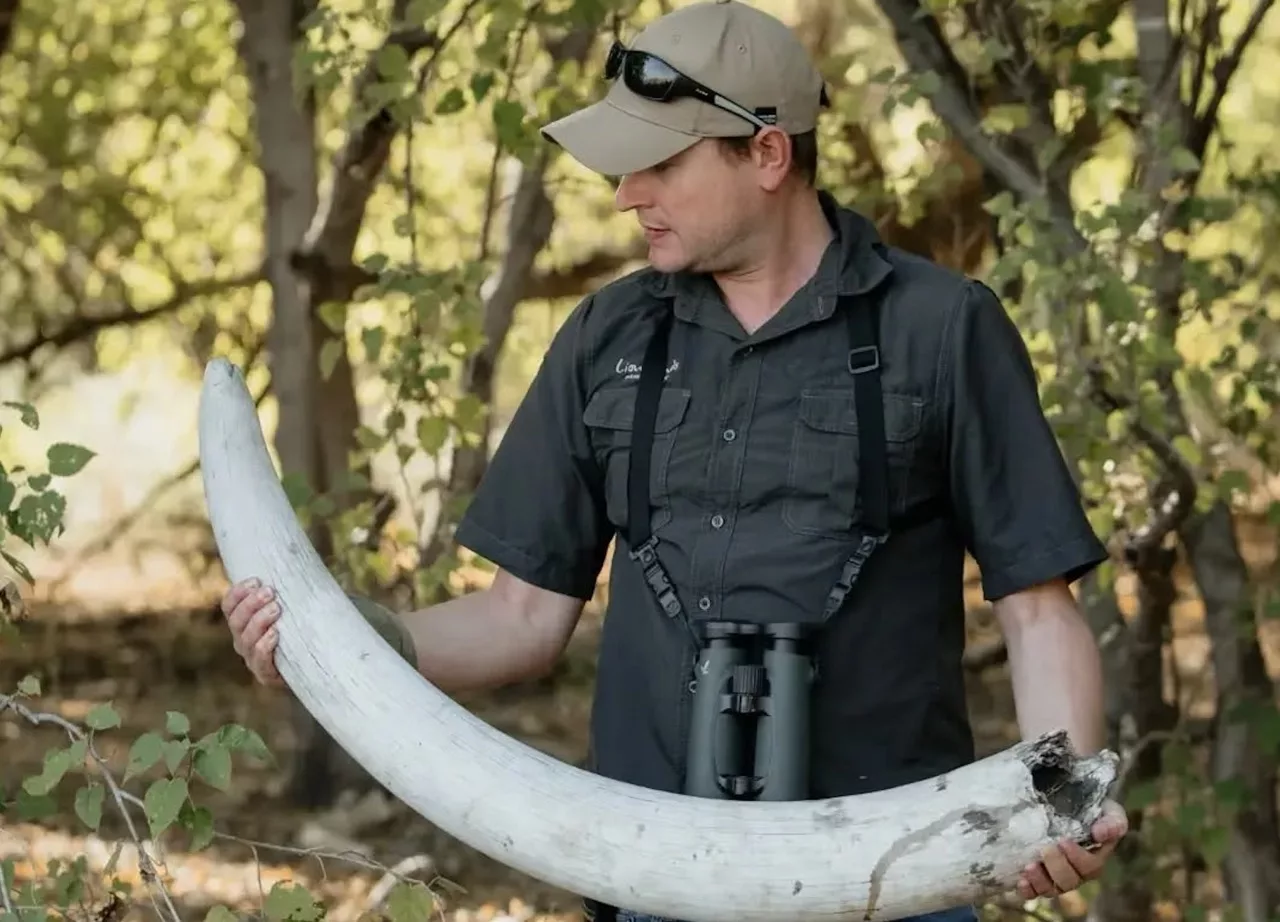
Image: Instagram / @bernard_sci
Conservation ecologist Dr Bernard Coetzee, a senior lecturer at the University of Pretoria, was recently recognised as part of The Explorers Club’s 50’s Class of 2025, highlighting 50 individuals who are making a significant impact on the world.
ALSO READ: Driving change with Defender and the Kingsley Holgate Foundation
The Explorers Club 50 (EC50) is an annual recognition program that spotlights brilliant explorers from around the globe and across a wide field of disciplines that push the boundaries of exploration.
The program puts the spotlight on contemporary explorers and innovators who are making significant contributions to exploration, science, and discovery across various fields.
“These 50 individuals are exploring, inspiring, and creating the future – the future of the planet, life upon it, and the boundless possibilities that await us all,” says the organisation.
The program is supported by Rolex as part of its Perpetual Planet Initiative and serves to provide recognition and spotlight extraordinary work being done by modern explorers across disciplines like conservation, marine science, space exploration, archaeology, and other fields of discovery.
This is distinct from The Explorers Club itself, which was founded in 1904 and has historically included famous explorers and scientists among its membership.
University of Pretoria professor makes the class of 2025
Dr Coetzee is known for his conservation work on some of the smallest to some of the biggest creatures, the University of Pretoria (UP) reports. A senior lecturer
at UP and conservation ecologist, Coetzee focuses on how humans are altering the natural environment, how that changes biodiversity, and what that means for our well being.
His earlier research explored how artificial light sources at night impact mosquito biology. Currently, he is focused on human-elephant co-existence.
“I had an unusual path into academia,” Dr Coetzee says, as per UP. “While I have strengths in the regular requirements for such a position, such as postgraduate degrees and scientific papers and acquiring funding for my research group, much of my career was deeply rooted outside of academia, working with both small and very large conservation NGOs. This has deeply affected my work and work ethic, as I’m always seeking impact, policy outcomes and real change on the ground, not only rigorous science.”
With the support of the Jennifer Ward Oppenheimer Research Grant and the Conservation Ecology Research Unit, he joined UP’s Department of Zoology and Entomology, where he worked on a research-heavy portfolio. This led to his promotion to senior lecturer.
Coetzee, having conducted fieldwork across the globe from Africa to Antarctica, has developed a broad interest and passion for conservation focusing on the drivers of biodiversity loss and how human activities are changing the environment.
“He explains that the fates of humanity and biodiversity are inextricably linked, and that this reasoning alone should be sufficient to attract the attention of everyone, not just conservationists and explorers,” UP writes.
The interconnectedness of animals and humans can often complicate their co-existence. Human-elephant conflict is one such topic of focus for Coetzee.
“Elephants are a particularly enigmatic and iconic species for many people and cultures across the world,” he says. “Much of our work is to understand their functional roles in systems, rather than play an archaic game of ‘how many are too many’. From a conservation perspective, elephants in Southern Africa are doing well, but this is not the case elsewhere in the world, and all three species are in danger of extinction.”
For Dr Coetzee, who helps run the Conservation Ecology Research Unit at UP, being recognised as a member of The Explorers Club’s 50’s Class of 2025 is an opportunity to connect with like-minded individuals from diverse backgrounds. It also provides a platform to raise his profile and that of his team, the University of Pretoria reports.
“I see it as a connection platform in an increasingly disconnected world,” he says.
Follow us on social media for more travel news, inspiration, and guides. You can also tag us to be featured.
TikTok | Instagram | Facebook | Twitter
ALSO READ: SA mourns loss of Greater Kruger conservation hero Sharon Haussmann





